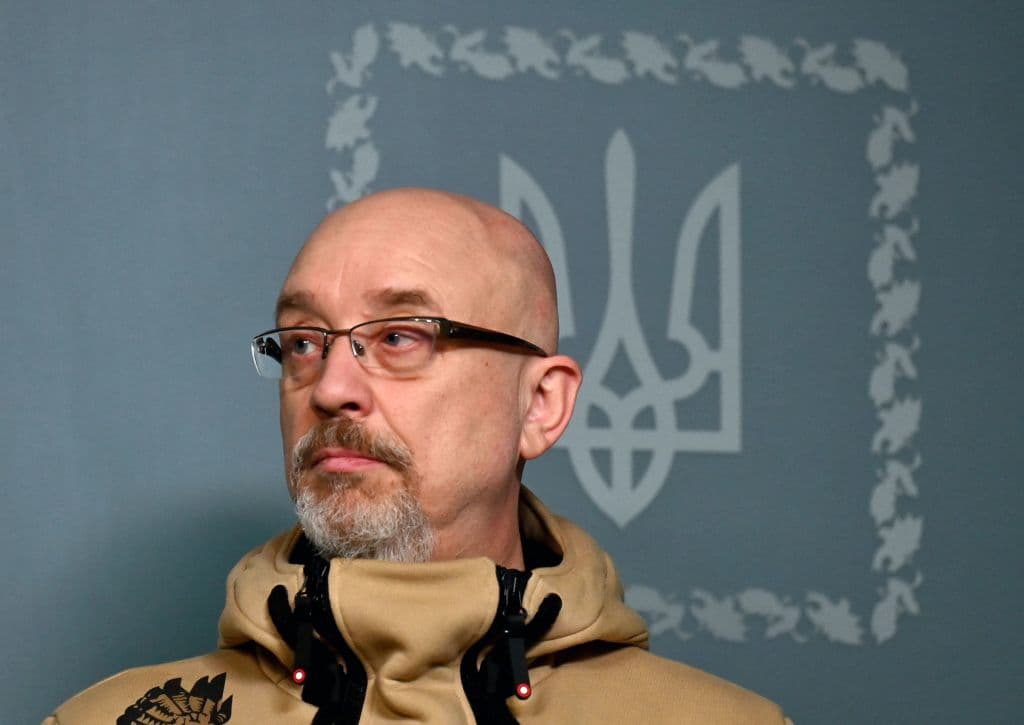NABU opens case into alleged corruption in Defense Ministry procurement

The National Anti-Corruption Bureau of Ukraine (NABU) stated on Jan. 23 that it had begun to investigate possible corruption in the Defense Ministry's food procurement before ZN.ua, a news site, published an investigation on the issue on Jan. 21.
The ZN.ua report has triggered a major scandal, with critics accusing the Defense Ministry of profiteering from procurement contracts while Ukrainian soldiers are being killed on the front line. The ministry has denied the accusations.
According to the report, the ministry sought to buy food at prices two to three times higher than it costs in Kyiv grocery stores, possibly indicating a corruption scheme.
The ministry has allegedly signed a Hr 13.16 billion ($360 million) contract for military food procurement in 2023.
Ukraine's parliamentary committee on national security, defense and intelligence has summoned top ministry officials to address the allegations.
Defense Minister Oleksiy Reznikov denied the existence of a corruption scheme, claiming the leak was manipulation specially timed to the Jan. 20 Ramstein meeting, where Ukraine's allies deliberated on further weapons assistance to Ukraine.
Reznikov accused the leaker of committing a crime. He published a statement in which he explains the discrepancy in egg procurement prices as a technical error by the supplier.
According to the ZN.ua report, the Defense Ministry agreed to pay Hr 17 for one egg, while its price at Kyiv stores is about Hr 7.
Reznikov claimed that the supplier meant to write Hr 17 per kilogram, not for one egg.
Journalist Yuriy Nikolov, who broke the story, rejected this explanation, saying that the minister has shown that he doesn't want to fight corruption.
He published previous Defense Ministry contracts that clearly indicate a price for one egg, not for one kilogram.










